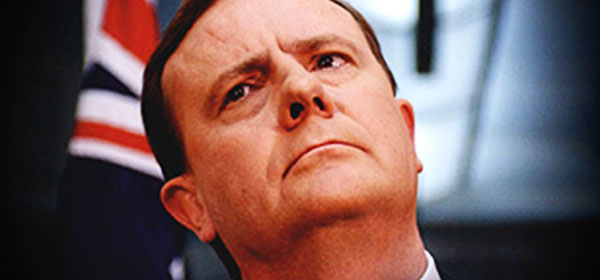Former federal treasurer Peter Costello has proposed that the Government should take more control of super, specifically, how default funds are managed.
Default super funds are those chosen by an employer when an employee does not specify to which organisation they want their super paid.
Speaking at an event last week, Mr Costello said that default super should be managed by the Government, similar to how the Canadian Pension Plan Investment Board (CPPIB) system works.
He believes that allowing the Government to control default funds would eliminate the fight between industry and retail funds for the right to default super and would be a vast improvement on the current arrangement.
“Instead of the government arbitrating between industry funds and private funds, there is a fair argument that this compulsory payment should be allocated to a national safety-net administrator – let us call it the Super Guarantee Agency – a not-for-profit agency,” said Mr Costello.
“There would be huge economies of scale. It would end the fight between the industry and the profit sector over who gets the benefit of the default funds,” he said.
“A bigger pool with economies of scale and access to the best managers would likely drive down costs and drive up returns – it would be in the interests of all, except of course the fund managers,” said Mr Costello.
“Neither sector has been able to attract the money voluntarily. It exists by reason of government fiat. The government has decided it should go into the super system – it could show some interest in managing it in a cost-efficient way.”
However, the Association of Superannuation Funds of Australia (ASFA) doesn’t agree, saying that Mr Costello’s idea would be the equivalent of nationalising superannuation.
“In the context of the broader public debate around the efficiency and competitiveness of the superannuation system, it is almost inconceivable that anyone would countenance a government monopoly delivering the best retirement outcomes for Australians,” said ASFA Chief Executive Martin Fahy.
“What is being proposed is in essence the nationalisation of private, individual superannuation savings.
“The Future Fund effectively operates as the Australian Government’s wholesale investment manager. However, it lacks the required governance framework and administrative capabilities needed for it to operate in a superannuation context.”
Mr Fahy doesn’t believe the Government would be as effective as the current arrangement, and that the $900 million invested in the SuperStream program would be wasted.
“Mr Costello’s proposal would also require the government to set up and operate a centralised facility to undertake administration functions for the government-run fund. Effectively, this would see administration services for many member accounts transferred from private sector operators to a government administrator,” said Mr Fahy.
“Entrusting administration to a government-run entity would reverse significant efficiency gains delivered through the government’s SuperStream program, which sets very high standards for private administrators.”
“It would also require faith that government could deliver more efficient, effective and reliable administration services than the private sector,” he said.
“The reality is that transferring administration functions to a government body would create single-point-of-failure risk for members.”
What do you think of this idea? Would you like to see a system where less money is diverted to fund managers and more put into your pocket?
Related articles:
Hands off super: Costello
Streamlining default super funds
Super fees too high

